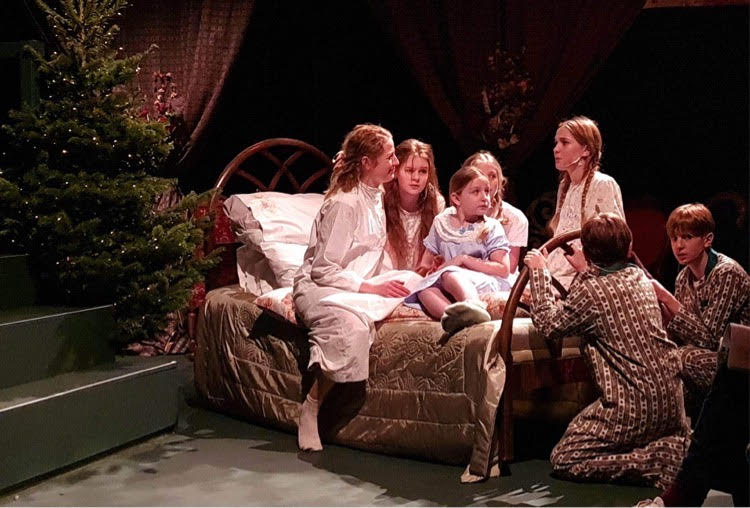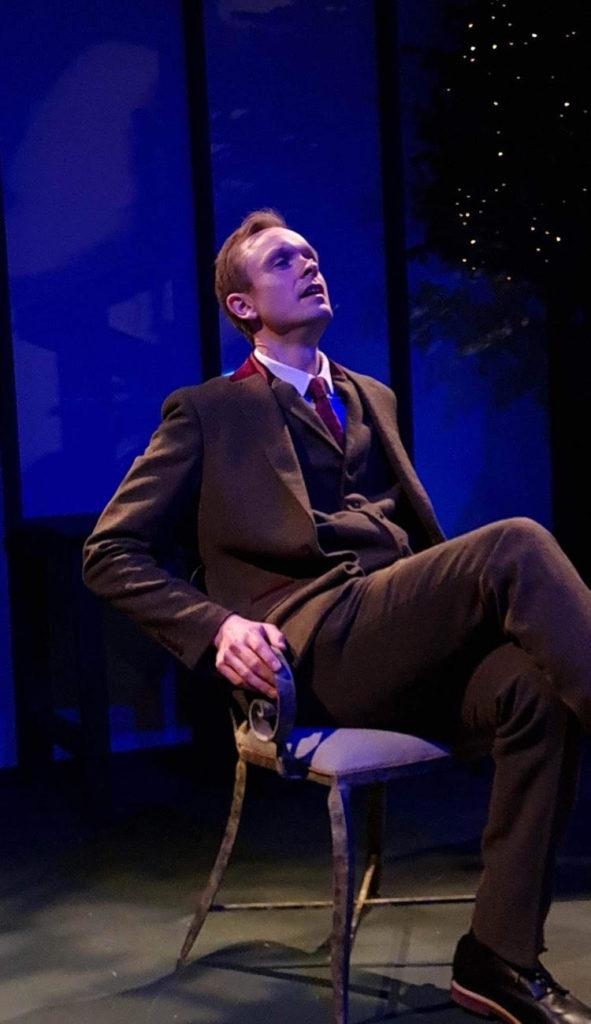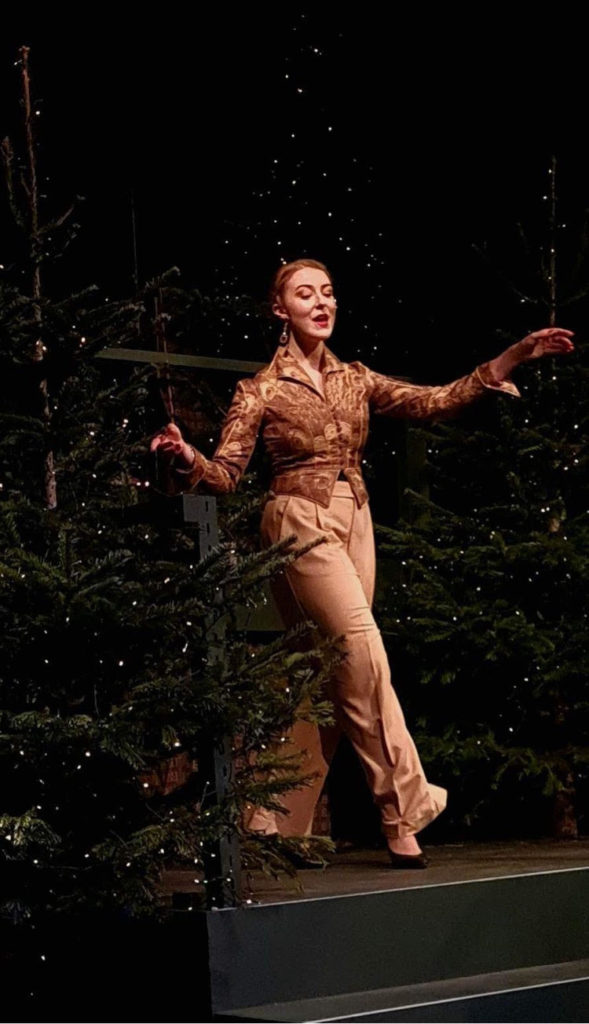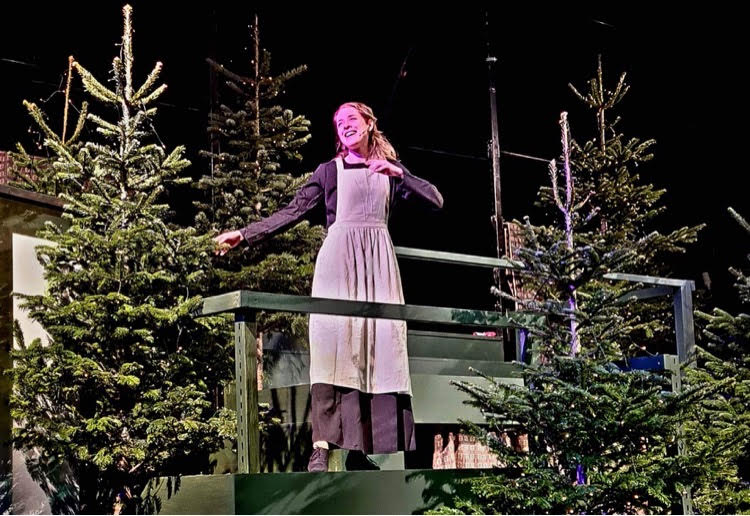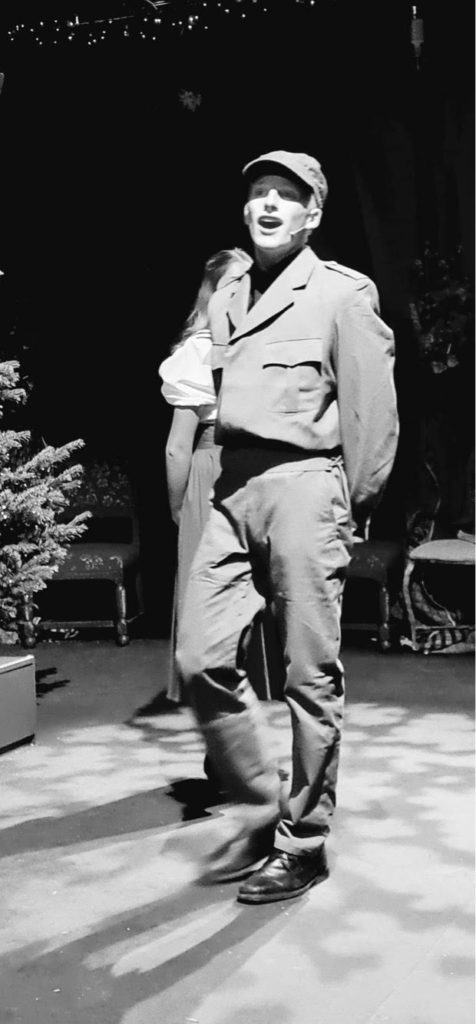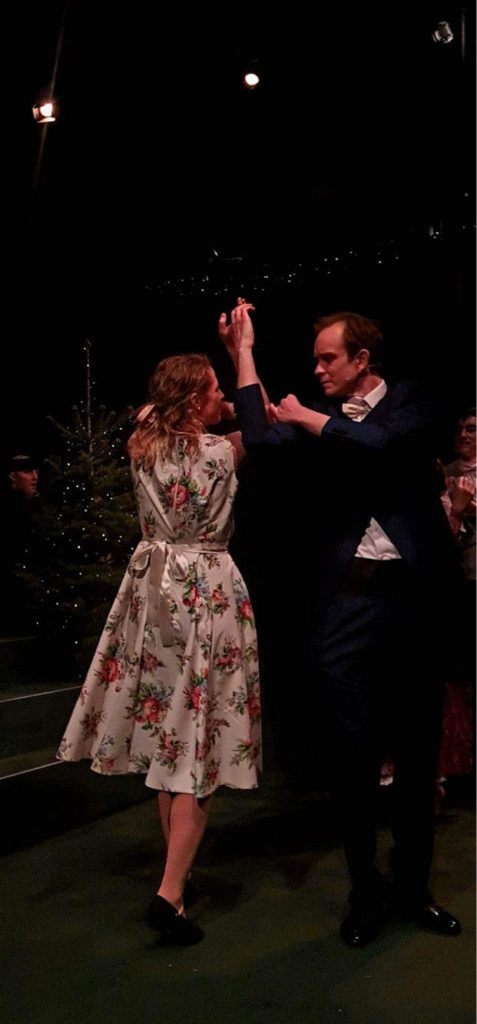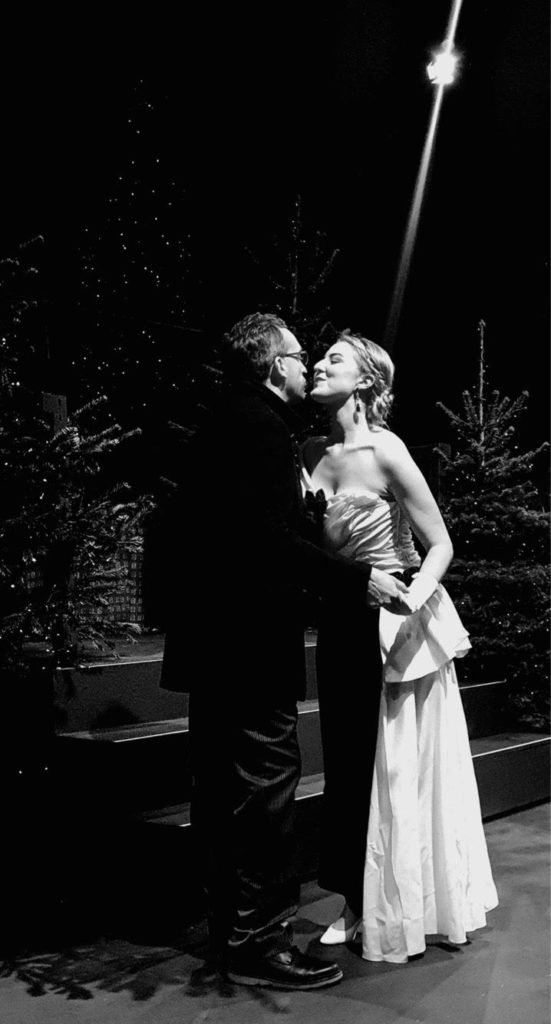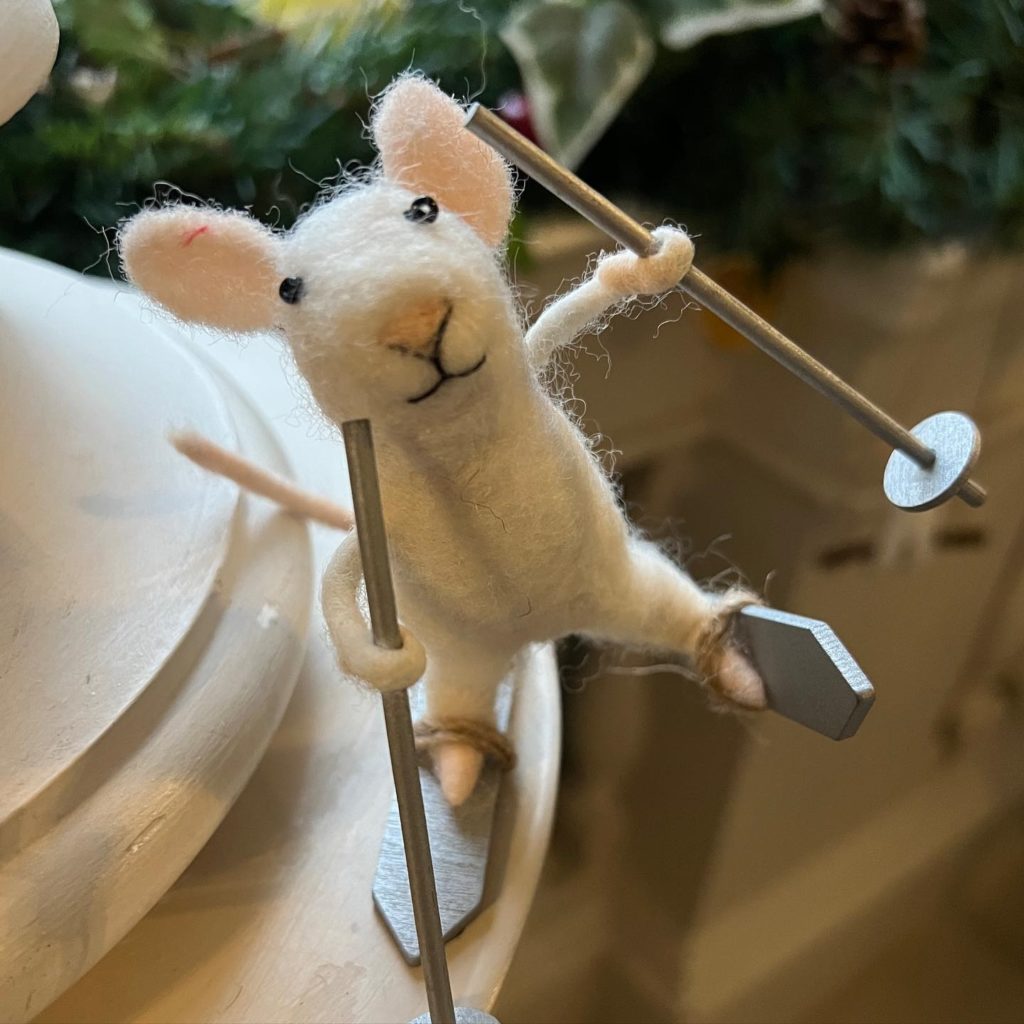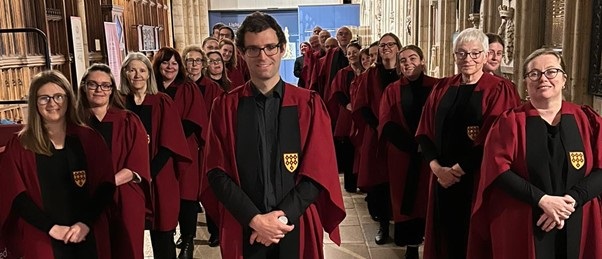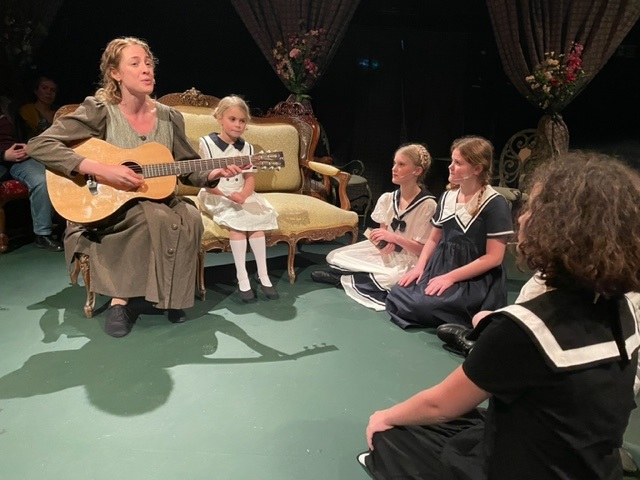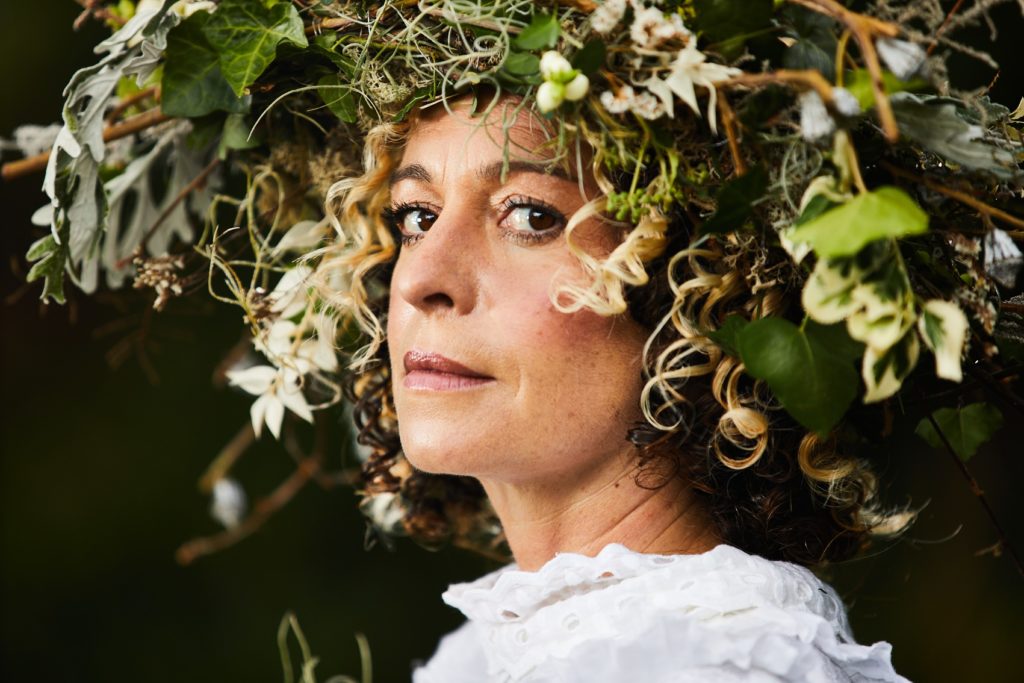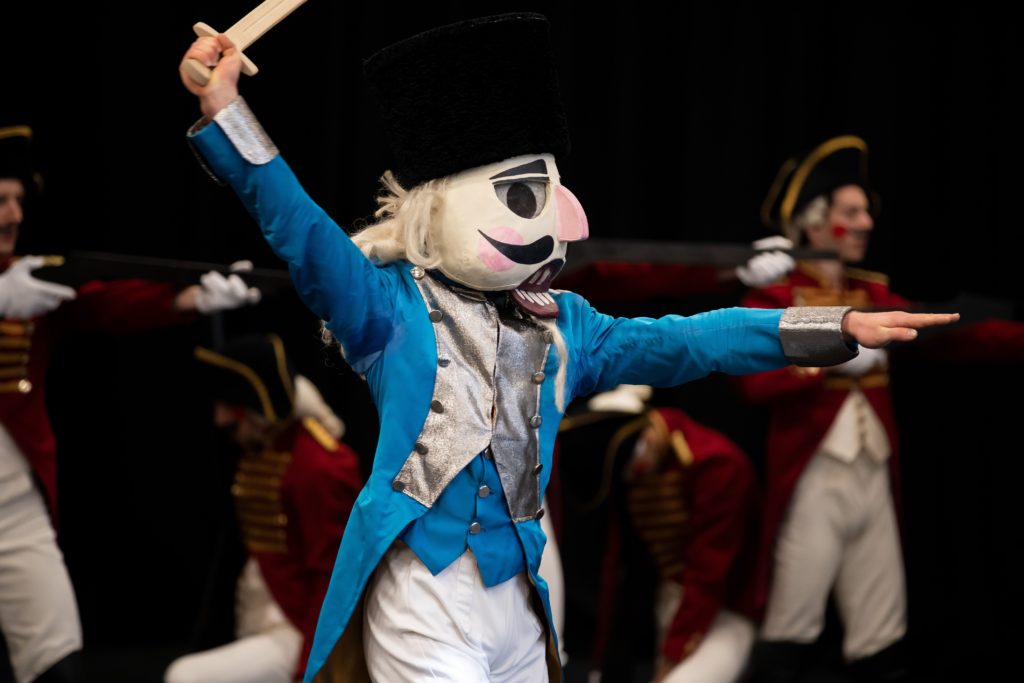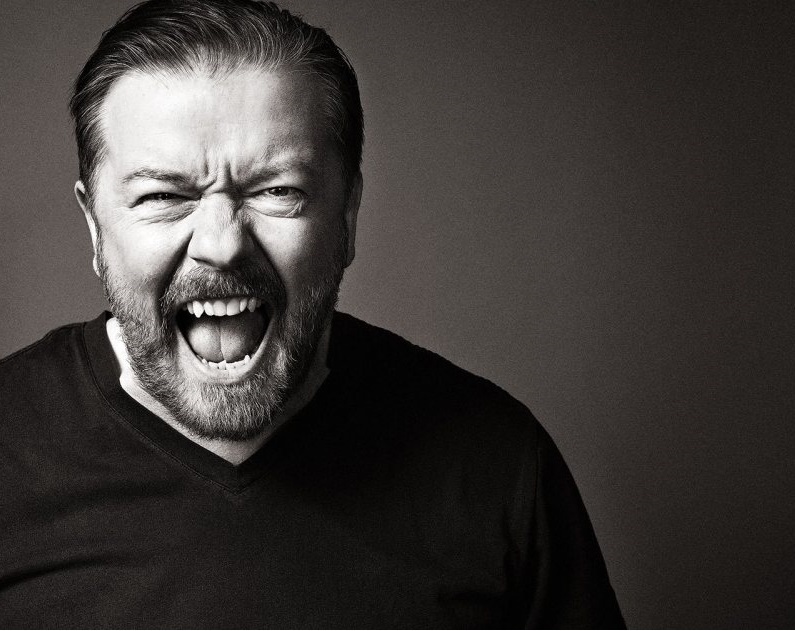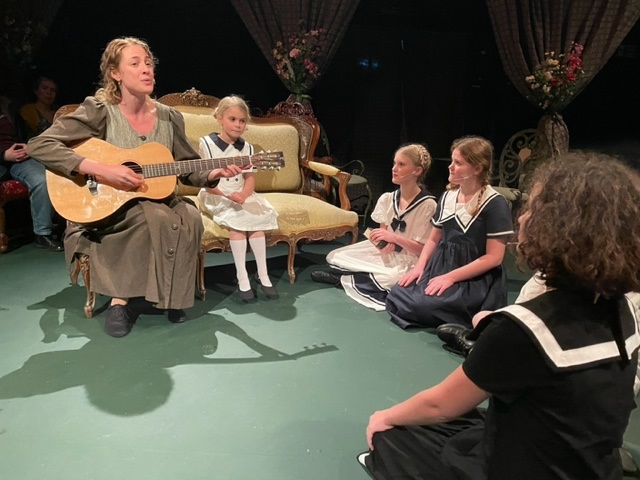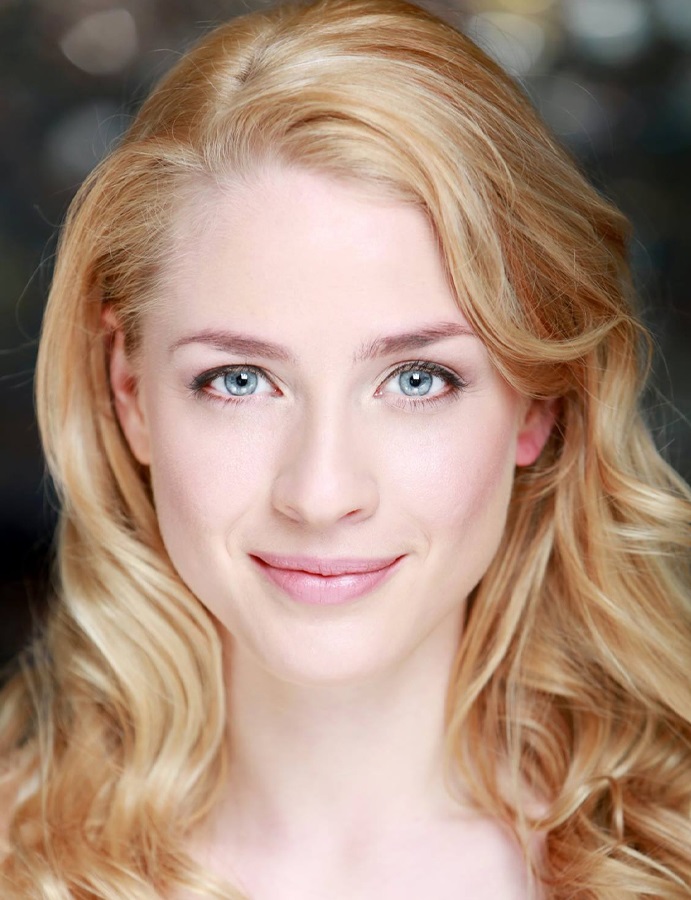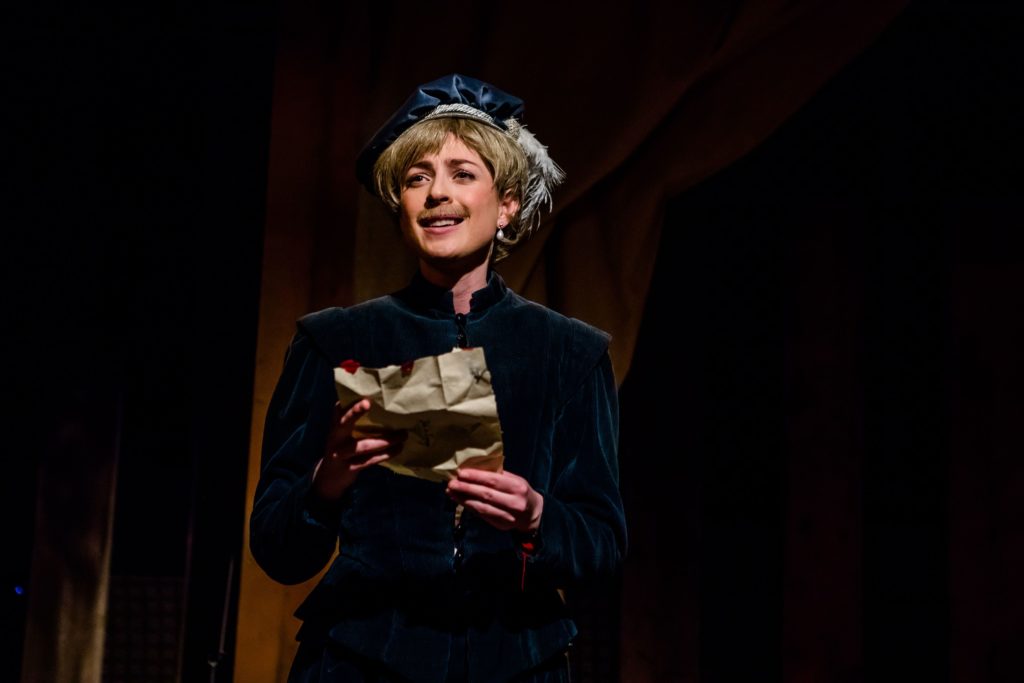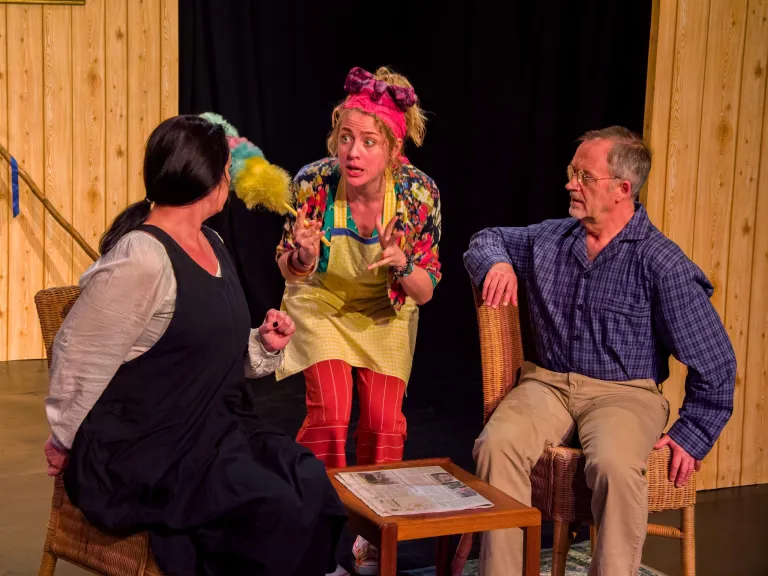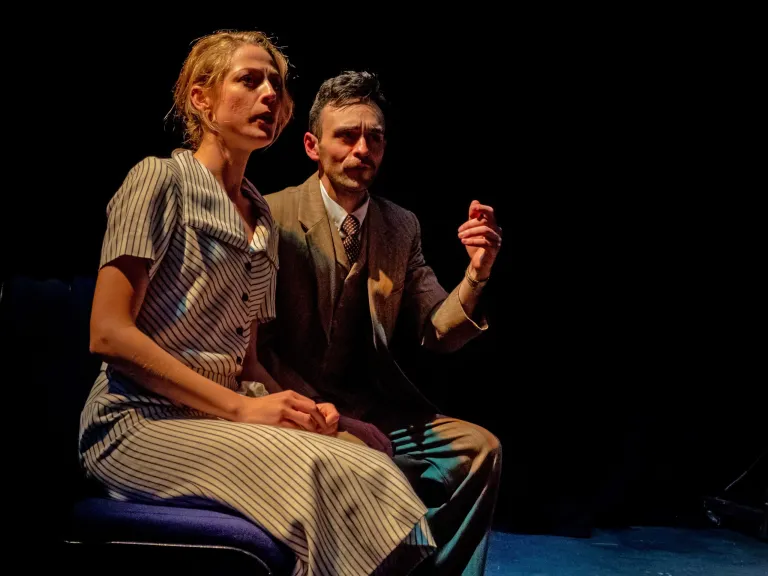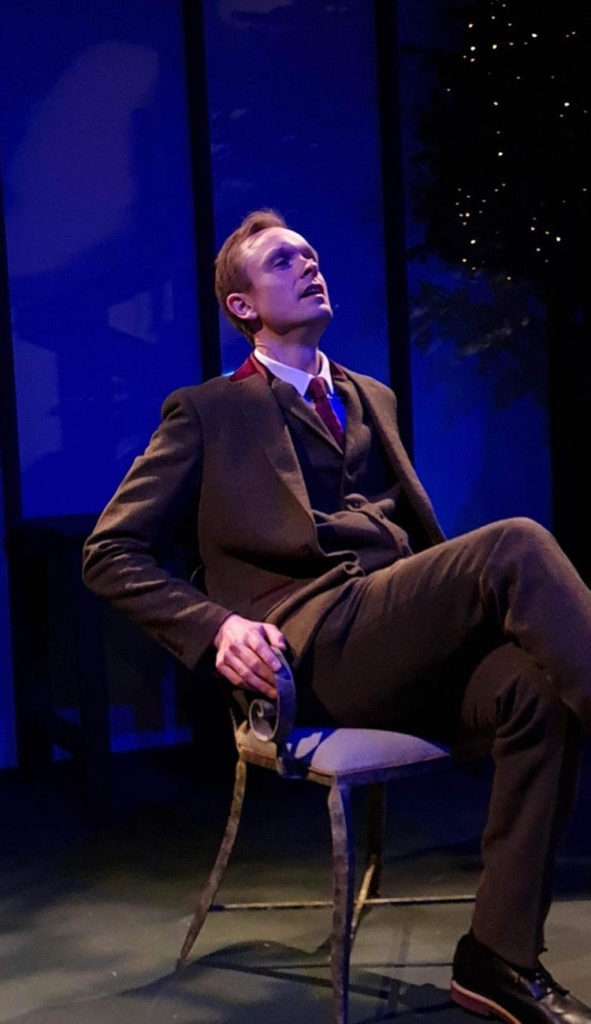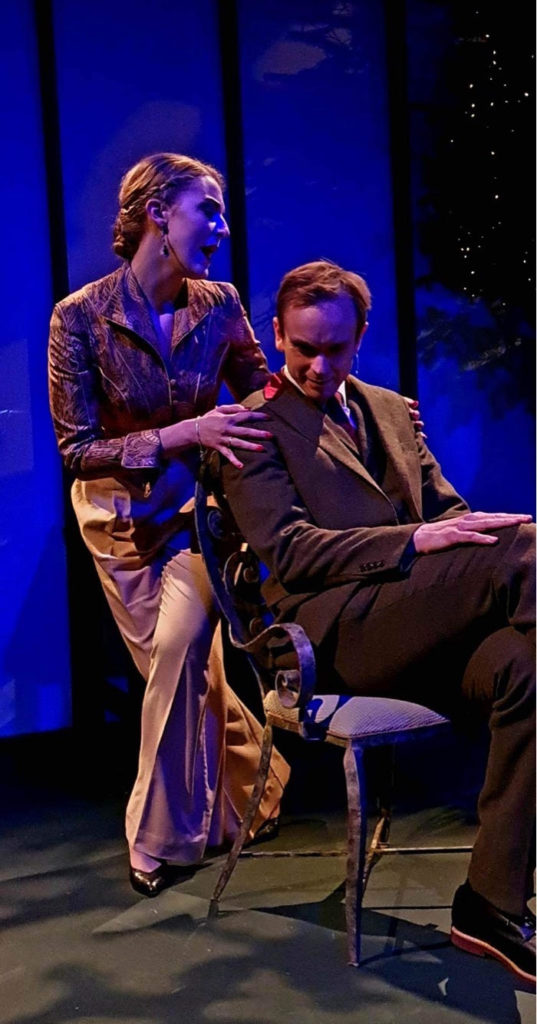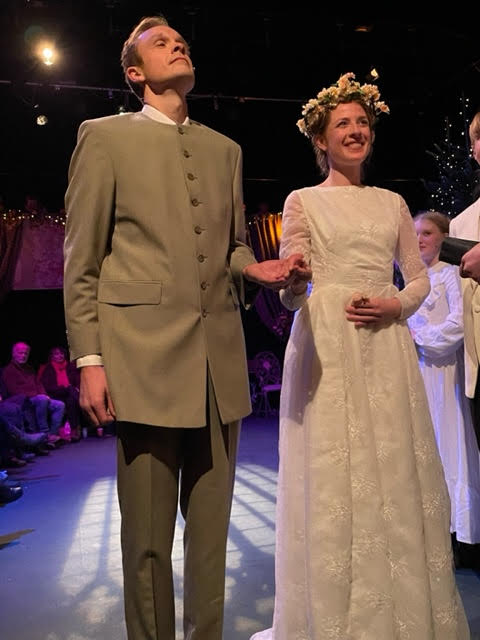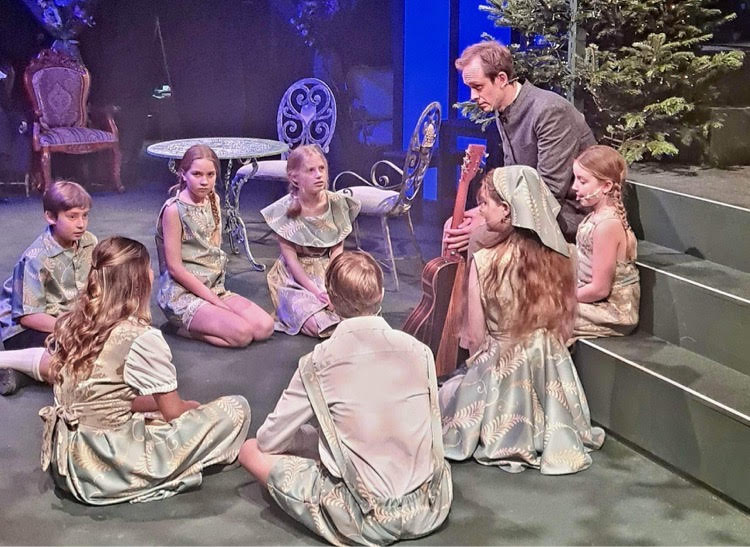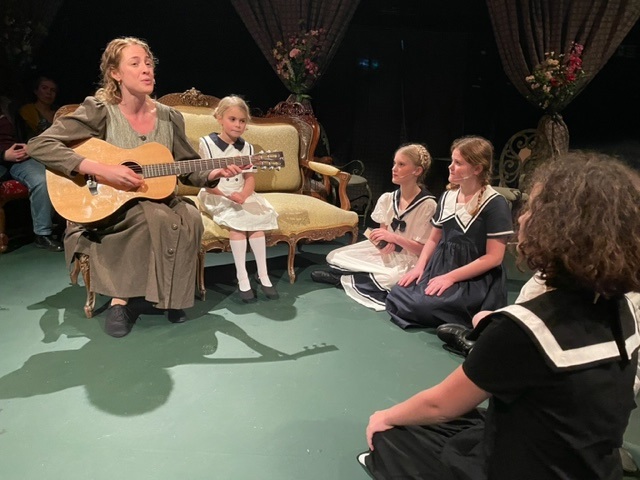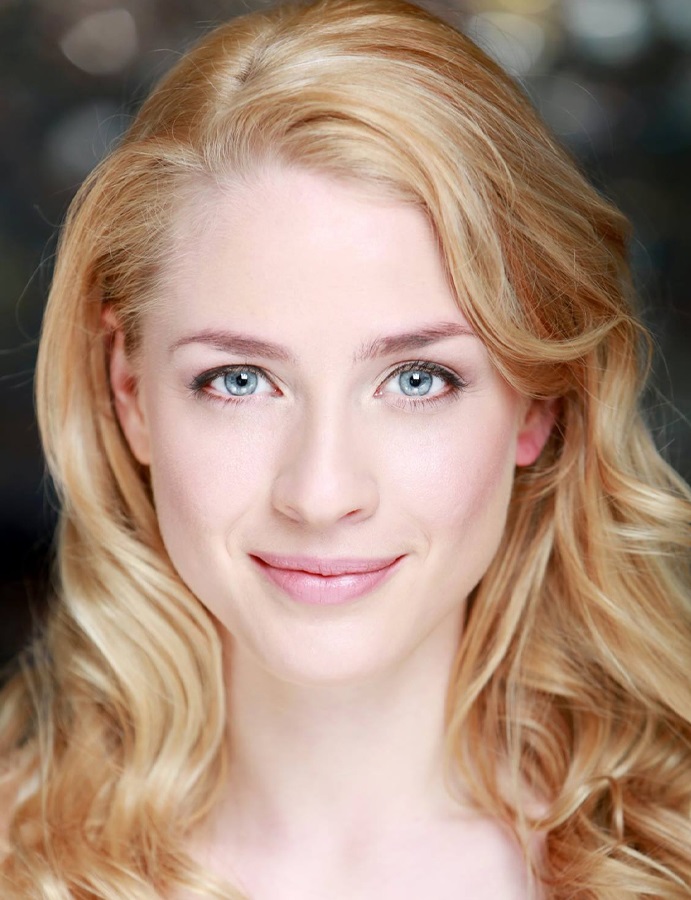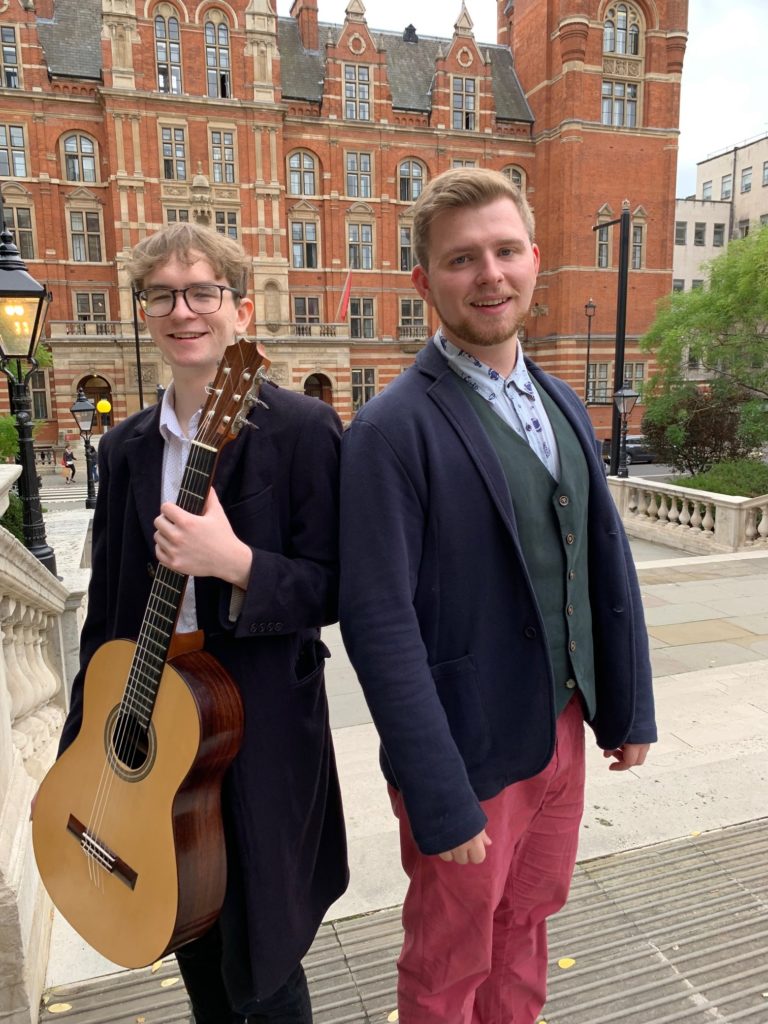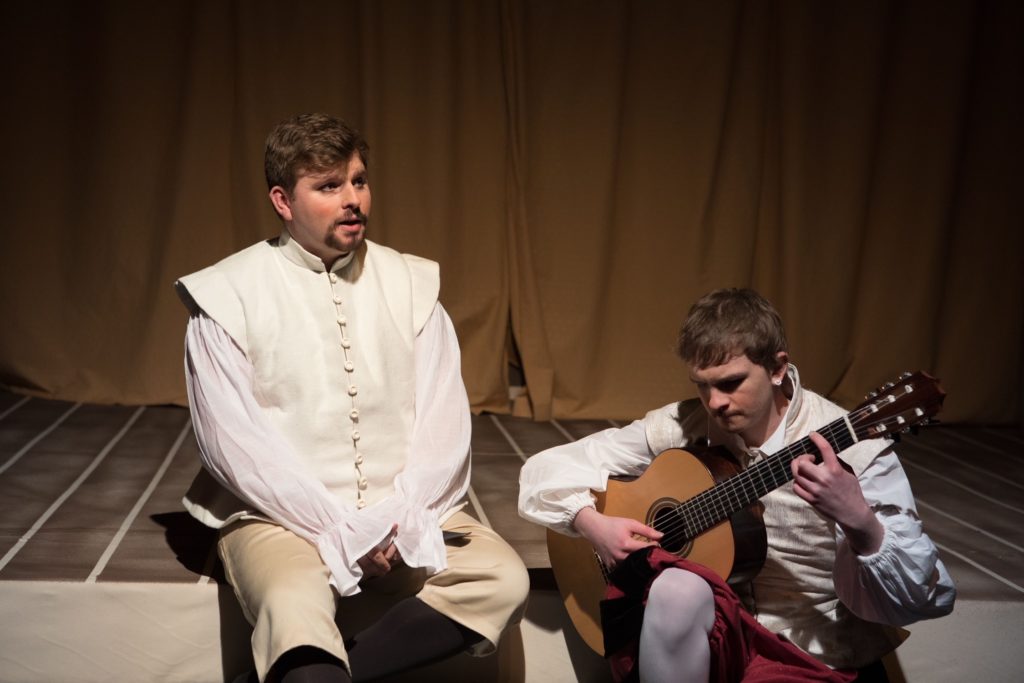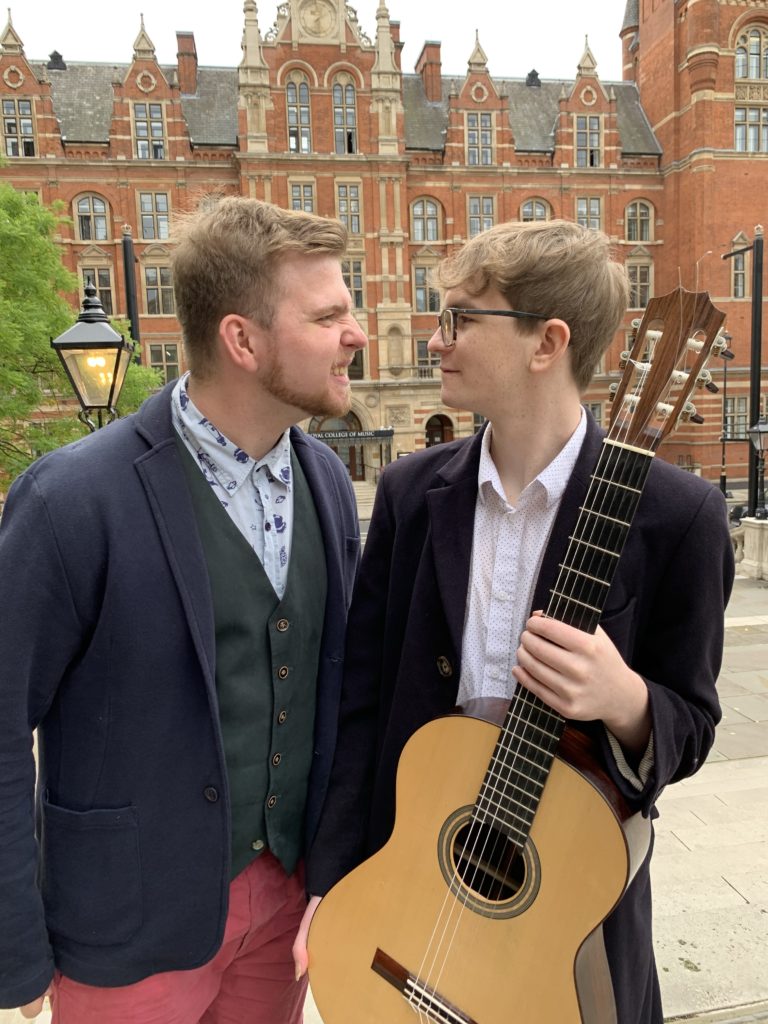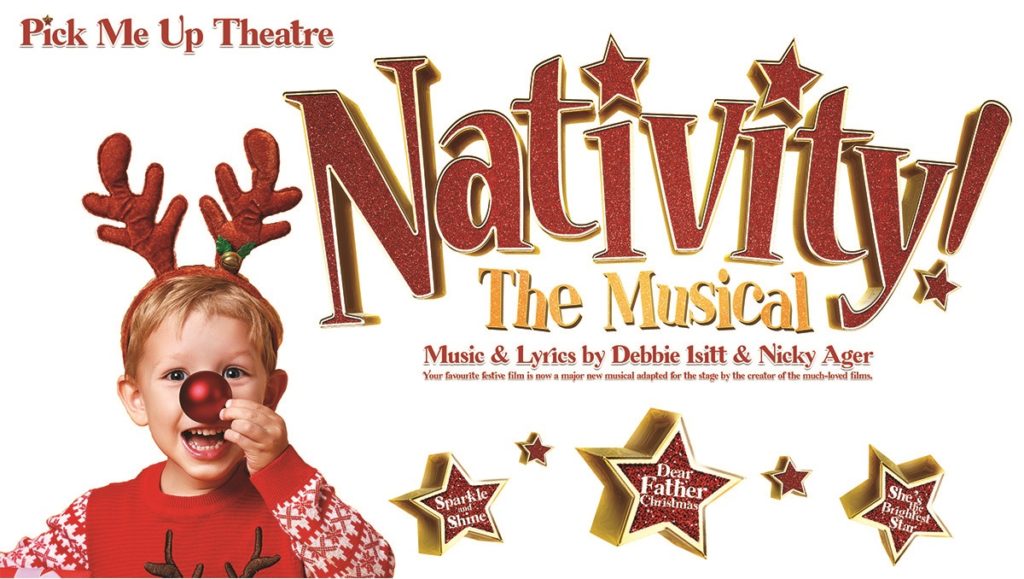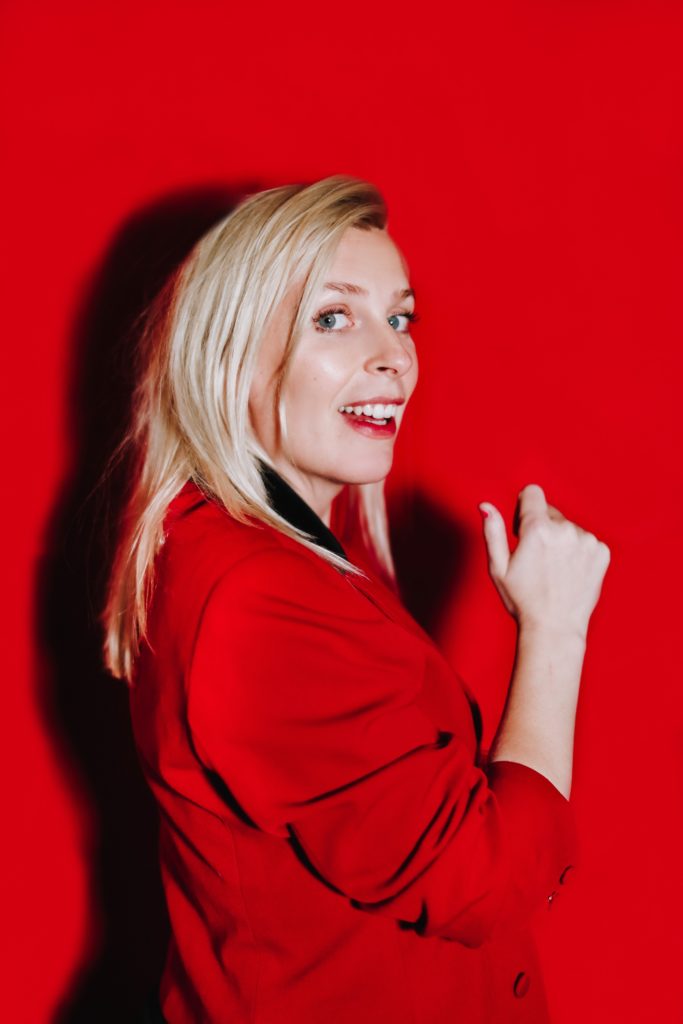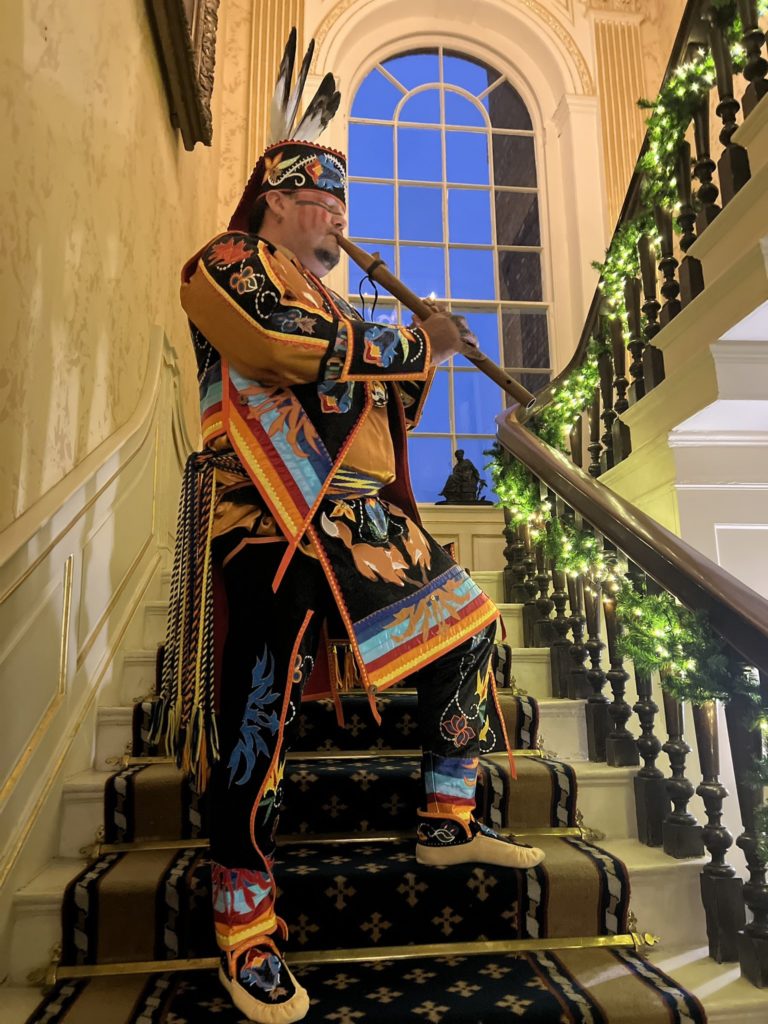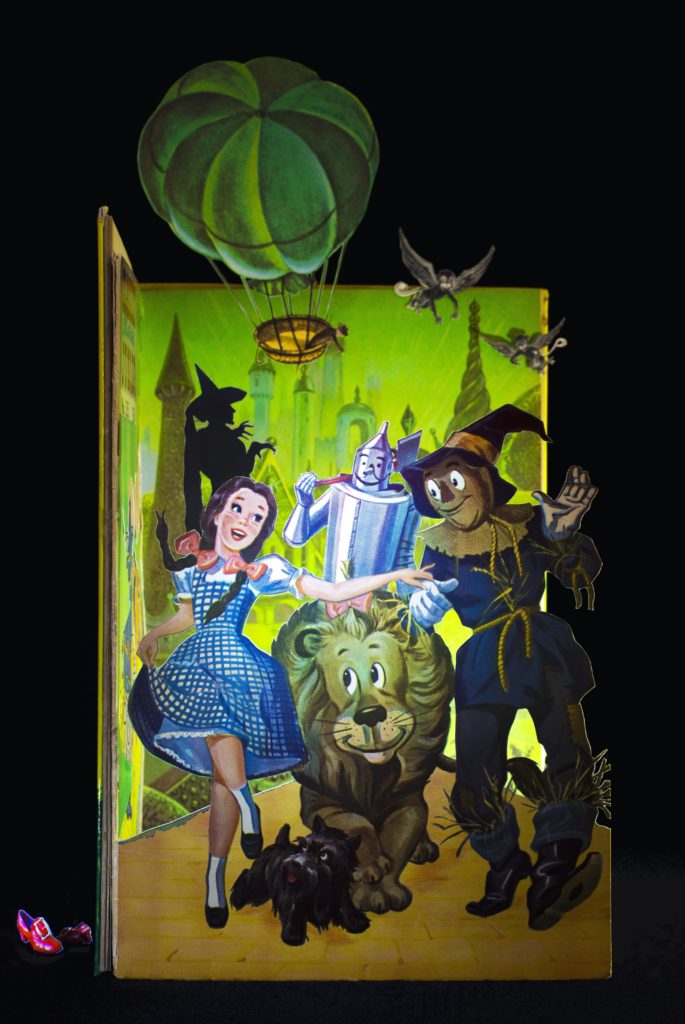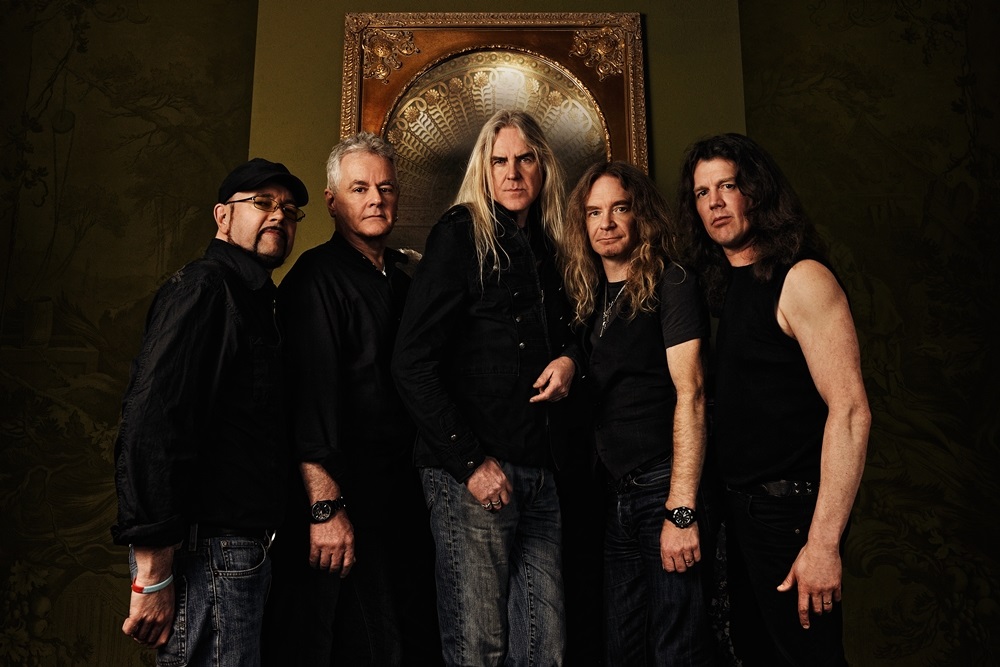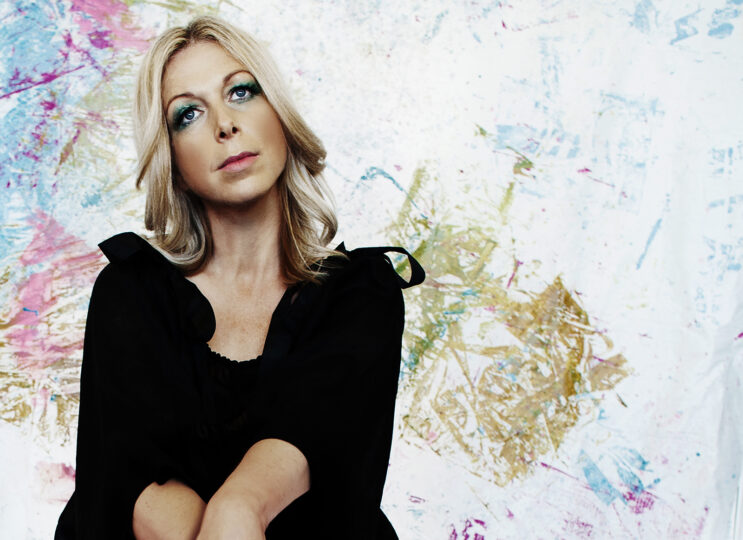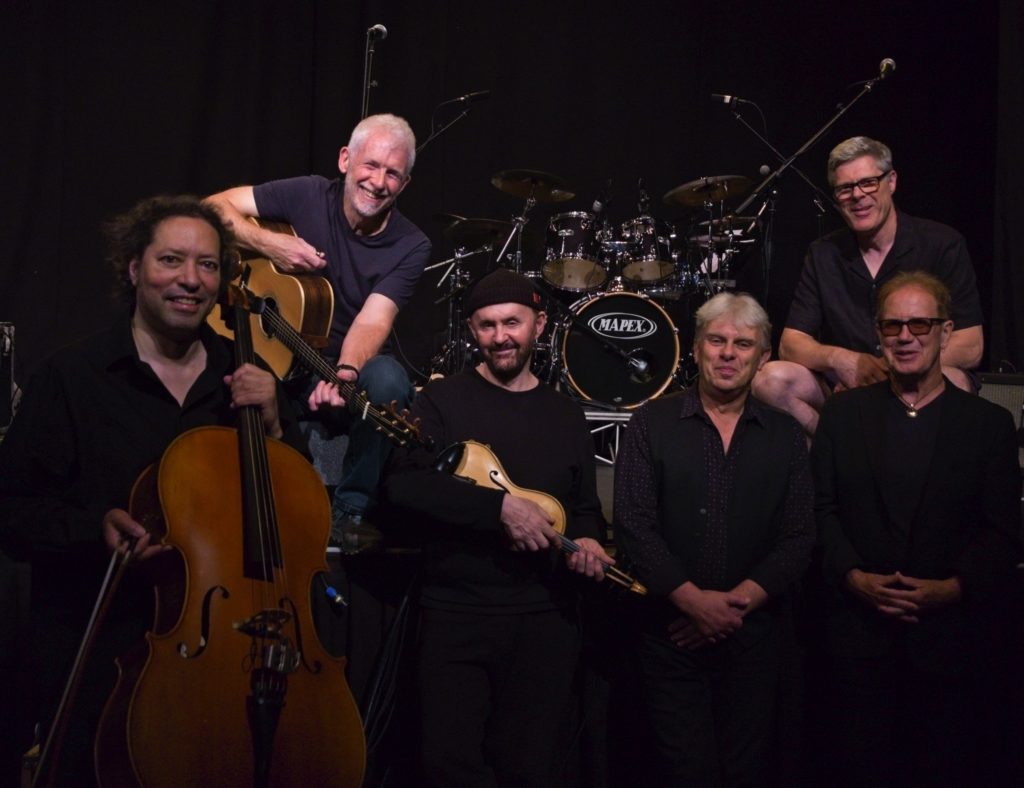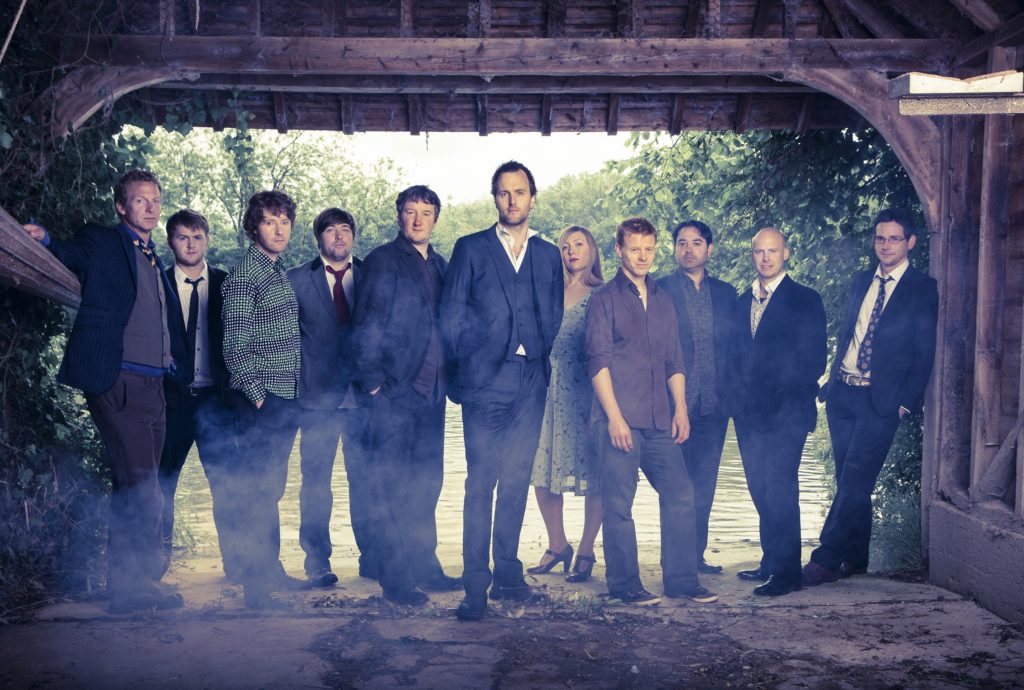
PHASE two of York Shakespeare Project (YSP) begins tonight with a staged rehearsed reading of Edward III upstairs at the Black Swan Inn, Peasholme Green, York, at 7.30pm.
This rarely performed 1592 history play is now widely accepted as a collaboration between William Shakespeare and Thomas Kyd, replete with its celebration of Edward’s victories over the French, satirical digs at the Scots and depiction of the Black Prince.
Rehearsed February readings will be a regular part of YSP’s broadened remit to include work by the best of Shakespeare’s contemporaries, alongside a second staging of all his works, over the next 25 years.
Tony Froud’s cast will be led by Pick Me Up Theatre luminary Mark Hird in the title role. “At short notice, I’ve been able to bring together a strong cast that mixes YSP stalwarts, such as Liz Elsworth and Emma Scott, with new faces to us, such as Mark,” says Tony.
Hird’s King Edward will be joined by Elsworth’s Derby and Queen Philippa; Scott’s Gobin de Grey, Villiers, Frenchman 3 and Captain; Ben Thorburn’s Prince Edward; Nell Frampton’s Warwick and Salisbury; Bill Laverick’s Audley and Messenger and Stuart Lindsay’s Lodowick, Frenchman 4 and King David.
In the company too are: Sally Mitcham’s William Montague, Jon Copland, Herald 1, Frenchman 2 and Earl Douglas; Joy Warner’s Squire, Artois and Frenchman 1; Tom Jennings’s Herald 2 and Prince Charles; Jodie Fletcher’s Herald 3, Lorraine, Mariner and Messenger 2; Harry Summers’ King John and Lara Stafford’s Prince Philip and Countess Salisbury.
“It will be a one-night-only show, following the pattern of Ben Prusiner’s season of John Fletcher comedies and Jim Paterson’s A Midsummer Night’s Dream, which showed the impressive quality of performance that can be achieved in a short time by a good cast,” says Tony.
“The rehearsed reading puts a great emphasis on the language, so do come along to meet some colourful characters and hear some fabulous language in a plot that will take you from London to Calais via Northumberland and Crecy.”
YSP completed its mission to perform all 37 of Shakespeare’s plays within 20 years with last September’s tour of The Tempest, but it had long been decided the project would continue. “The committee made the decision after about 15 years that YSP would do another cycle,” recalls Tony.
Why do Phase two? “Shakespeare is always relevant and will always find a new audience, and YSP will continue to find new ways to present Shakespeare suitable to the times,” says Tony.
“We will always be open to challenging ways of performing Shakespeare, like we did for Maggie Smales’s all-female Henry V.
“When you think that YSP’s first production of Richard III was in 2002, 21 years later we will look at politics, power and corruption through today’s lens in our new Richard III in April. All those things will be pertinent to anyone who has had their eye on Westminster in the last few years.”

More than 300 actors have performed in YSP productions to date. “It’s a matter of principle that we always have open auditions for our directors and our actors, so we ensure that we’re open to new ideas and new talent,” says Tony.
“That will continue with Dr Daniel Roy Connelly’s cast of 16 for Richard III, which will be a rich mix of faces familiar and new. We’ve often gained from our association with York’s universities and that will again be reflected in this cast.”
Tony welcomes the decision to expand YSP’s brief in phase two. “It’s very exciting to open up the opportunity to perform the best writing of the time beyond Shakespeare to see how his contemporaries have contributed to that extraordinary period of dramatic writing,” he says.
“We’ll be doing that when we put on Christopher Marlowe’s Edward II, and also through the annual series of rehearsed readings, which will allow us to explore less commercial texts too.”
Next year’s plays are scheduled to be on the theme of the Plantagenets. “It will be interesting to see what ideas come up for combining Shakespeare’s plays in different ways to phase one,” says Tony.
YSP will be looking to add new sites too. “Like we did outdoors at Holy Trinity Church and the Bar Convent [Living Heritage Centre], which both made very atmospheric venues for our Sonnets shows,” says Tony. “Doing Edward III upstairs at the Black Swan is another example of doing that.
“We plan to open up to new audiences, especially in the summer when we do the Sonnets, and we’ll look to do more of what we did on the outdoor space at Shakespeare’s Rose Theatre.”
Since last October’s annual general meeting, a new committee of nine has been in place. “The likes of Frank Brogan and Janet Looker, who had seen the original project through to its completion, decided to take a well-earned rest from their long involvement.
“Now we have a committee of mainly young members, who will be bringing a lot of energy and new ideas,” says Tony, 68, who will represent the older brigade alongside Sam Valentine. “Hopefully a lot of the younger members will still be involved in 25 years’ time.”
York Shakespeare Project has charity status and its shows must keep a tight rein on budgets. “We have to be very careful with our finances. Very few of our Shakespeare productions have made a profit, so we have to be creative and look elsewhere to ensure our continued success,” says Tony.
“The directors receive an honorarium, but outside that role, we rely on the talents and generosity of a host of volunteers for each production.”
Tickets for tonight’s 7.30pm performance cost £5 on the door or at eventbrite.com/e/edward-iii-tickets-518511741577. Looking ahead, Dr Daniel Roy Connelly’s debut YSP production of Richard III at Friargate Theatre, Lower Friargate, York, will run from April 26 to 29.



